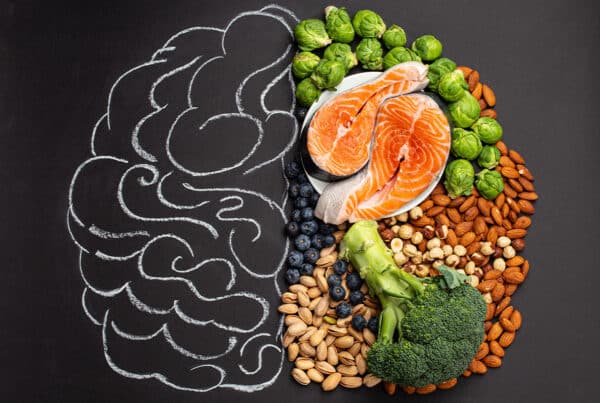Recognizing Addiction for What It Is: A Chronic Brain Disease
Harold C. Urschel III, MD, MMA Chief Medical Strategist, Enterhealth Ranch
The Washington Post recently reported that the mortality rate for white men and women ages 45-54 with less than a college education increased markedly between 1999 and 2013. That marks a sharp, and shocking, reversal in decades of progress toward longer lives.
The culprit cited by the originating study from the Proceedings of the National Academy of Sciences was drugs, alcohol and suicide.
Even as the death rate for all causes of death has declined 43% between 1969 and 2013 – including strokes, heart disease and cancer – addiction has gained the dubious honor of third leading cause of death in the United States. Although modern medical science has proven addiction to be a chronic brain disease, new treatments have not yet been adopted by most treatment programs, and continue to fail.
Since the 1930s, the US alcohol treatment system has relied heavily, and often exclusively, on the 12-step approach, predominantly because alcoholism has been viewed as a result of moral failings. The most popular and traditional treatment is based on the Alcoholics Anonymous (AA) 12-step program, including 90 AA meetings in 90 days, and has an 80% failure rate. I wonder what other industry could post such poor results and still enjoy such widespread adoption. I also wonder what other chronic brain disease would indicate “talk and prayer” as the best possible treatment.
While AA and other behavioral treatment approaches are an essential part of addiction recovery, this can’t be our only weapon in a war that, according to the Post article, has resulted in half a million deaths.
In every other major medical illness – including diabetes, cancer and heart disease – the clinical teams treating them immediately embrace and adopt every major new scientific breakthrough. The addiction community, however, often rejects new scientific treatments, and continues to enforce the sham belief that a support group by itself is able to treat a life threatening, chronic brain disease. This is just plain wrong. People are dying because of this close-minded approach.
Scientific research has validated three major discoveries in the field of addiction treatment:
• Addiction is a chronic, medical disease affecting the brain;
• 50% of those addicted to alcohol or drugs also suffer from co-occurring psychiatric disorders, i.e. anxiety, depression, schizophrenia or bipolar disorder; and
• Science has developed medications to help control cravings and address the healing of brain injury that can transform the alcoholic’s chances for successful sobriety from 20% to upwards of 75%-80% long-term.
A great deal of alcohol-and drug-induced brain damage takes place in the prefrontal cortex where abuse forces deep emotional connections between using and the pleasure that the brain “remembers.” These connections make it difficult for those with addiction to resist using based on very real and powerful primal urges that can take more than a year to reset.
We often ask the addict, “Why,” when their behavior is obviously damaging. The simple answer is that their brains are broken – injured, impaired and malfunctioning.
Could the ever-growing rate of our loved ones afflicted with this increasingly fatal disease be caused by an outdated model that limits real treatment to the acute level, instead of striving for the most effective medical results? Would we tolerate such complacency for victims of other debilitating brain diseases like Alzheimer’s or Parkinson’s? Substance abusers may have made a bad choice, but should we not seize the surest opportunity for success when they make the right choice to seek treatment?
Once we begin treating addiction as a chronic brain disease, we’ll see a meaningful rise in our treatment success (and survival) rate that will help stave off the fatality and economic consequences of this epidemic. Better outcomes are a result of the right environment, caring employees trained in the latest science, addiction-trained physicians with enough time to provide proven medical treatment, and skilled therapists proficient in dealing with the highly complex brain disease caused by addiction, and often compounded by other behavioral disorders.
Isn’t it better we get there before another half a million people fall victim?
Science has shown us the way to successfully treat this illness. The medications and treatments are safe and available. The handful of treatment centers that actually put the latest scientific research findings into practice are achieving that 75-80% long-term success rate for alcoholism, heroin and, even, methamphetamine addiction.
The program at Enterhealth Ranch is based on the latest research, and our treatment is proven to be at least three times more effective. But we can’t treat everyone. Our addiction treatment industry is broken, and we don’t have to stand for it. Get the word out and demand the latest science be brought to the services of your addicted loved one.



